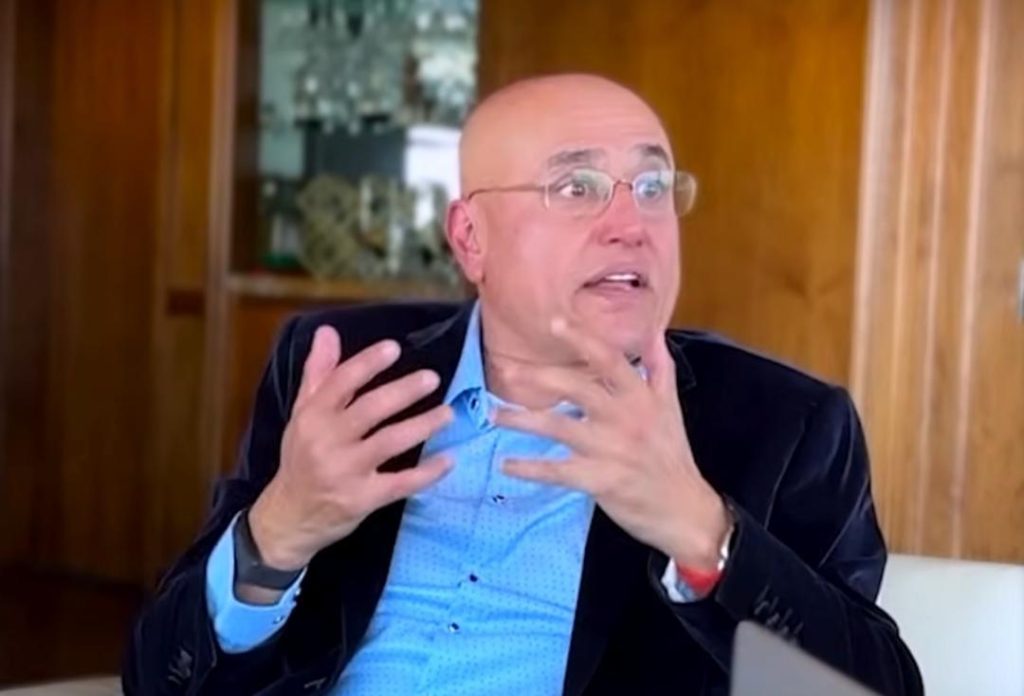
99% of Indian engineers give ‘gyaan’ to everyone: Hotmail Co-founder Sabeer
In a recent interview, Hotmail Co-founder Sabeer Bhatia shared his candid thoughts on the Indian engineering industry, stating that 99% of people who graduate as engineers in India join management and start giving “gyaan” (knowledge) to everybody. He also expressed his concern about the lack of work ethic among Indian engineers, asking, “Where is the work ethic where they really work with their hands and build some stuff?”
Sabeer’s comments have sparked a debate among Indians, with some agreeing with his assessment while others have criticized him for his harsh words. However, it is essential to examine the context and underlying issues that may be contributing to this phenomenon.
The Indian engineering industry has grown rapidly over the past few decades, driven by the country’s large pool of skilled talent and relatively lower costs compared to Western nations. Many Indian engineers have made significant contributions to the global tech industry, working on innovative projects and products that have revolutionized the way we live and work.
However, Sabeer’s comments suggest that despite this growth, Indian engineers may be more focused on theoretical knowledge rather than practical skills. He implies that they are more interested in “giving gyaan” (sharing their knowledge with others) rather than “building stuff” (actually creating and developing products or solutions).
This phenomenon is not unique to India, as many professionals around the world tend to focus on sharing their expertise rather than creating tangible value. However, Sabeer’s comments highlight the need for Indian engineers to develop a stronger work ethic and focus on building practical skills.
Another issue that Sabeer touched upon is the way Indian engineers approach software development. He stated that India is lagging behind China because Indians focus on outsourcing technology over original software development. This is a valid concern, as China has made significant strides in developing its own technology and software products, while India has primarily focused on outsourcing and providing services.
Outsourcing can be a lucrative business, but it does not necessarily contribute to the development of original products or innovation. Sabeer’s comments suggest that Indian engineers should focus on developing their own products and solutions, rather than simply providing services to foreign companies.
So, what can be done to address these issues? Firstly, Indian engineers need to recognize the importance of developing practical skills and building tangible products. This can be achieved through hands-on training, project-based learning, and mentorship programs.
Additionally, the Indian government and industry leaders need to promote innovation and entrepreneurship among engineers. This can be done by providing funding and resources for startups, creating incubators and accelerators, and encouraging collaboration between academia and industry.
Finally, Indian engineers need to develop a stronger work ethic and focus on building original products and solutions. This can be achieved by recognizing the value of hard work and dedication, and by setting clear goals and objectives for themselves.
In conclusion, Sabeer’s comments highlight the need for Indian engineers to develop a stronger work ethic and focus on building practical skills. While India has made significant strides in the engineering industry, there is still a need for improvement. By recognizing the importance of innovation and entrepreneurship, and by promoting hands-on training and project-based learning, Indian engineers can make a more meaningful contribution to the global tech industry.






